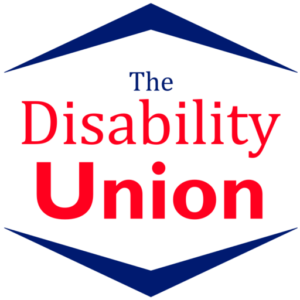Comment by Stephen Mccue
I see a lot of information on social media informing us in the dyslexic community that dyslexia is a gift.
The majority of dyslexics (those who have actually received an assessment) do not see dyslexia as a gift. Only around 19% of adult dyslexics were assessed while they were at school. This does not reflect how most dyslexics experience being dyslexic. Life for dyslexic kids, both assessed and unassessed can be very difficult for them and their parents.
How can we change this? Well, from an inclusion perspective we can look at the models of dyslexia to help us understand what the barriers are and how we can overcome them. The medical model of dyslexia tells us it’s about deficit, disorder, and discrepancy (Blimey, that is a great definition for being dyslexic) Is it any wonder so many of us struggle with low self-esteem, self-confidence, and even long term mental health issues?
It’s not surprising so many of us feel like an enigma to ourselves. A student once said to me; “nobody likes to think they have something wrong with them especially something wrong with their brain.” But that’s what the medical model of dyslexia tells us. Once I got told that I gave up on school.
Medical model language does far more harm than good. It offers dyslexics no hope, it places the perceived failure of dyslexics to achieve academically on dyslexic kids and on the parents of dyslexic kids. We know our education system is not fit for purpose for dyslexic, neurodiverse, and disabled kids, so is it any wonder so many just give up at school? It’s no wonder so many dyslexic kids don’t achieve at school and give up on school.
That’s why I believe we need to change the way we talk about dyslexia, we need a different more positive vision. That’s why I and my social enterprise supports and promote the social model of dyslexia. The social model says it’s about diversity and difference. That we don’t have broken minds we just have different ones. The social model of dyslexia and social enterprise offers the dyslexic community a much more positive, inclusive, and empowering vision. One that recognises the role society plays in disabling us. This one fact alone shows how society disables. Only 19% of dyslexic adults were assessed at school.
Far too many dyslexic kids have poor self-esteem and a lack of self-confidence or mental health issues because of their experiences in school. We have to change how we think and talk about dyslexia or we will continue to allow our dyslexia unfriendly education system to damage our dyslexic children.
What needs to be done? We need more teachers trained to work with dyslexic kids. We need to give teachers the time they need to develop a more dyslexia-inclusive curriculum. We need to give dyslexic kids access to dyslexia-friendly learning materials. This can be achieved, we just need to be listened to and our voices and hopes acted upon. Like the Disability Union, if we work together, change can happen! and the dyslexic community have been overlooked for far too long.
Follow Steven at : @DyslexicEye Website: www.dyslexiapathways.com



